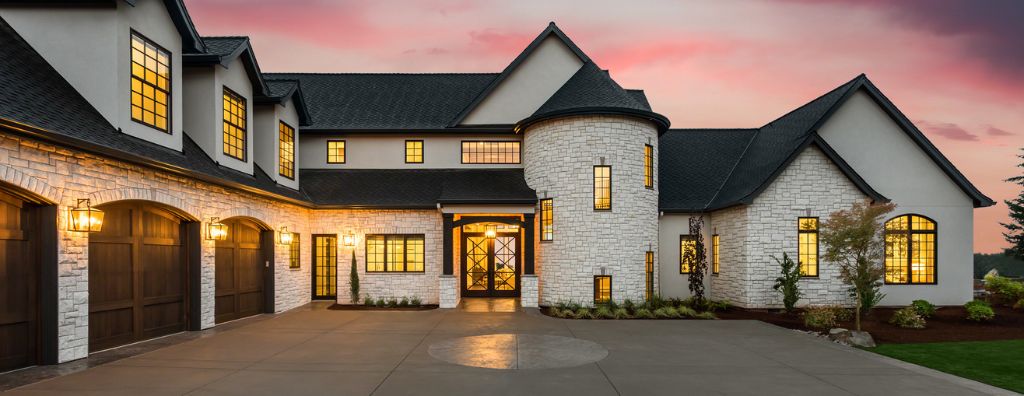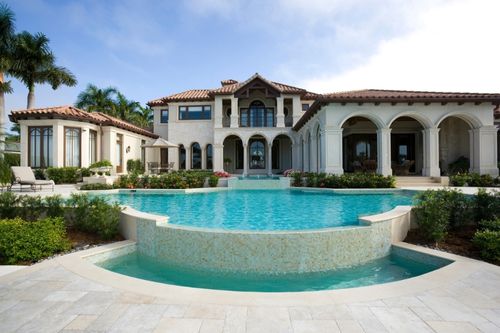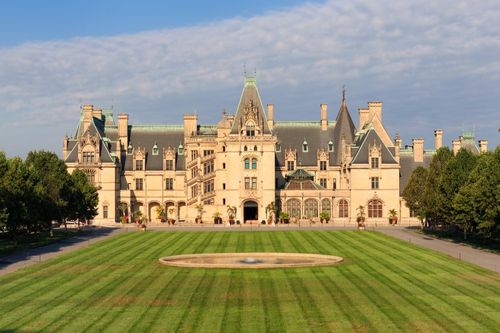
Mansion vs Estate
If there’s one thing that’s clear about a mansion or an estate, it’s that they’re not your average houses. But what differentiates the two? Are the two terms interchangeable? Mansions and estates actually each have separate characteristics that give them their special classification. Understanding a bit more about what makes them special can help inform your discussions with your real estate agent when looking for a luxury property of this class.
What defines a house as a mansion?
Mansions typically have a larger footprint than regular houses. Added square footage is a hallmark of mansions where the land allows, but a lesser-square-footage property may also qualify as a mansion in areas where space is limited based on its luxuriousness. Which properties qualify as mansions varies by location.
Mansions deal in excess by nature. Accordingly, these properties will have a greater number of bedrooms and bathrooms than what you’d see in a typical single-family home.
They’ll have rooms designed and built for a specific activity or function. For example, it’s common for mansions to have a game room, an indoor sauna or pool room, a home theater, or even a small bowling alley. These properties are the ideal living situation for homeowners who love to entertain. Elsewhere on the property, a mansion may boast any combination of sport courts, pools, gardens, and multiple-car garages.
In terms of their architectural style, many mansions borrow from older design styles to incorporate a sense of grandeur and prestige. The Victorian architectural style lends itself well to mansions while capturing that classic old-world charm. You may recognize Spanish Revival style homes sold by celebrities on the West Coast, and Colonial style mansions on the East Coast. Modern home designs will often incorporate cutting-edge smart home technology, smart home upgrades, and sustainable home design features such as solar power.

A mansion with an outdoor pool. Image Source: Getty Images – Image Credit: TerryJ
What is the difference between a mansion and an estate?
Estate properties share many of the aforementioned qualities with mansions. They are both luxury properties that feature several bedrooms and bathrooms with impressive amenities such as pools, saunas, sport courts, etc.
But estates differ from mansions in regard to the land they occupy and the historical context of the property. Estates sit on large, several-acre parcels of land. These extensive grounds are primarily where the mansion-vs-estate distinction can be made.
In England, the usage of “estate” usually means there was some form of income-producing activity present on property supporting the house. American estates typically do not have this same relationship between the property and the house. In the U.S. today, estates are differentiated by their size, grounds, and luxury amenities, but typically don’t yield enough agricultural goods to support the property.

The Biltmont Estate in Asheville, North Carolina – Image Source: Shutterstock – Image Credit: ZakZeinert

 Facebook
Facebook
 X
X
 Pinterest
Pinterest
 Copy Link
Copy Link


